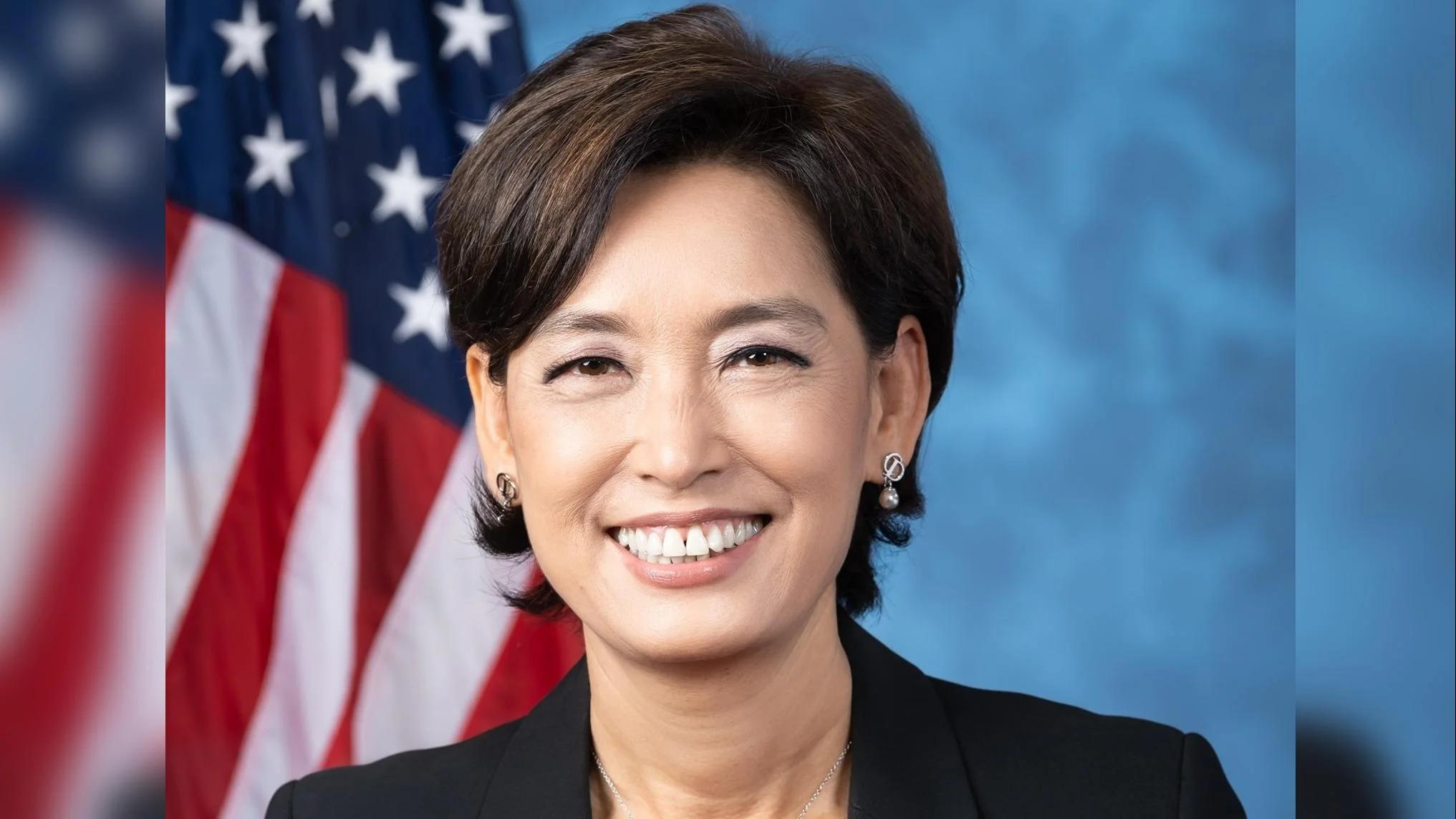U.S. Representative Young Kim, District 40 | Official U.S. House headshot
U.S. Representative Young Kim, District 40 | Official U.S. House headshot
U.S. Representative Young Kim, who chairs the House Foreign Affairs East Asia and Pacific Subcommittee, delivered an opening statement at a hearing titled "National Economic Security: Advancing U.S. Interests Abroad." The hearing took place in Washington, DC, as part of the subcommittee's ongoing efforts to address economic statecraft and its role in national security.
Rep. Kim began her statement by referencing a 2019 remark from Ambassador William Burns, describing the Department of State as "adrift." She highlighted that over time, various functions traditionally held by the Department have been shifted to other agencies like the National Security Council and Department of Defense.
She explained that for over 170 years, economic statecraft was primarily led by the Department of State until President Kennedy's administration in 1961. This shift led to the creation of new agencies such as the United States Trade Representative, which now handles U.S. trade and investment diplomacy.
Kim noted that this change aimed to prioritize U.S. businesses' interests and improve export performance but has inadvertently split economic interests from diplomatic priorities. She pointed out two main challenges arising from this separation: limited access for U.S. businesses to foreign markets and vulnerability to predatory foreign competition.
During her travels abroad, Rep. Kim has observed that Foreign Commercial Service (FCS) personnel often focus on organizing trade shows rather than directly enhancing market access for American businesses. Their work is disconnected from broader diplomatic efforts due to their positioning within embassies.
She also emphasized how American markets are left open to foreign competition due to inadequate protective measures for domestic businesses and workers. There have been calls across the country for executive action to repatriate industries.
Rep. Kim mentioned past administrations' recognition of these issues, including President Trump's assertion that "economic policy IS foreign policy" and President Obama's request in 2012 for authority to consolidate trade-related agencies—a request Congress did not support.
The subcommittee seeks answers regarding necessary structural reforms in economic statecraft with an aim to integrate it better with national security priorities. The upcoming comprehensive State Authorization legislation will address these questions.

 Alerts Sign-up
Alerts Sign-up